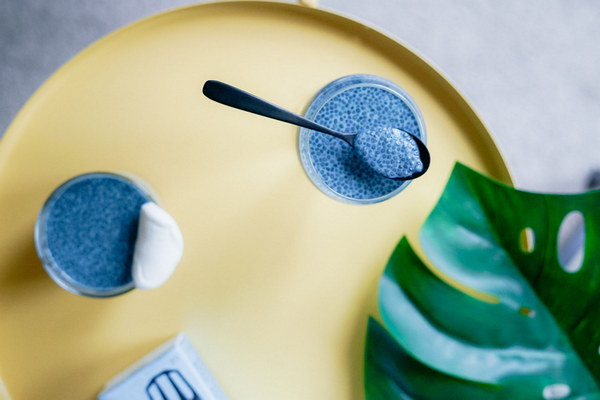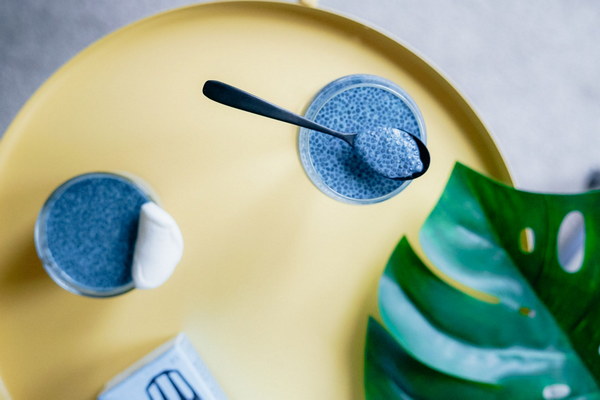Liver Support Supplements A Surprising Side Effect - Experiencing Gas After Consumption!
In today's fast-paced world, it's no surprise that many people are turning to supplements to support their health and well-being. One popular supplement that has gained a significant following is liver support supplements. These supplements are designed to promote liver health, aid in detoxification, and improve overall well-being. However, for some, a surprising side effect has emerged - experiencing gas after consuming these supplements.
Liver support supplements are formulated to help the liver function optimally by providing essential nutrients and antioxidants that support liver health. These supplements are often taken by individuals who have been exposed to harmful substances, such as alcohol or environmental toxins, or those who simply want to maintain a healthy liver.
The primary ingredients in liver support supplements include milk thistle, artichoke extract, and turmeric, among others. These ingredients are believed to help protect the liver from damage, enhance its ability to detoxify harmful substances, and improve overall liver function.

However, while the benefits of liver support supplements are well-documented, some users have reported experiencing an unexpected side effect: gas. This can be quite a surprising and uncomfortable discovery, especially for those who are new to taking these supplements.
The reason behind this side effect is believed to be the presence of prebiotics in liver support supplements. Prebiotics are non-digestible fibers that serve as food for beneficial gut bacteria. When consumed, these prebiotics can promote the growth of these bacteria, leading to increased gas production.
Here's a closer look at the possible reasons behind this phenomenon:
1. Enhanced gut health: One of the primary goals of liver support supplements is to promote a healthy gut. The prebiotics in these supplements can help increase the population of beneficial gut bacteria, leading to a more efficient digestion process. However, this increased activity can also result in the production of gas.
2. Improved liver function: As liver function improves, the liver becomes more efficient at processing waste products. This can lead to the release of gases that were previously trapped in the body, resulting in increased flatulence.
3. Interaction with other medications: In some cases, the interaction between liver support supplements and other medications can lead to increased gas production. It's essential to consult with a healthcare professional before combining supplements with other medications.
While experiencing gas after consuming liver support supplements can be uncomfortable, it's generally considered a mild side effect that doesn't pose significant health risks. However, if the symptoms persist or worsen, it's essential to seek medical advice.
To minimize the occurrence of gas while taking liver support supplements, here are a few tips:
1. Start with a lower dosage: If you're new to liver support supplements, start with a lower dosage and gradually increase as your body adjusts to the supplement.
2. Take with meals: Consuming the supplement with meals can help reduce the likelihood of gas production, as the food may help buffer the effects of prebiotics.
3. Stay hydrated: Drinking plenty of water can help with digestion and reduce the occurrence of gas.
4. Consult with a healthcare professional: If you're experiencing persistent or severe gas, it's essential to consult with a healthcare professional who can provide guidance tailored to your individual needs.
In conclusion, while liver support supplements offer numerous health benefits, it's essential to be aware of the potential side effects, such as gas. By understanding the reasons behind this phenomenon and taking appropriate measures, you can enjoy the benefits of liver support supplements without experiencing discomfort. Always remember to consult with a healthcare professional before starting any new supplement regimen.









